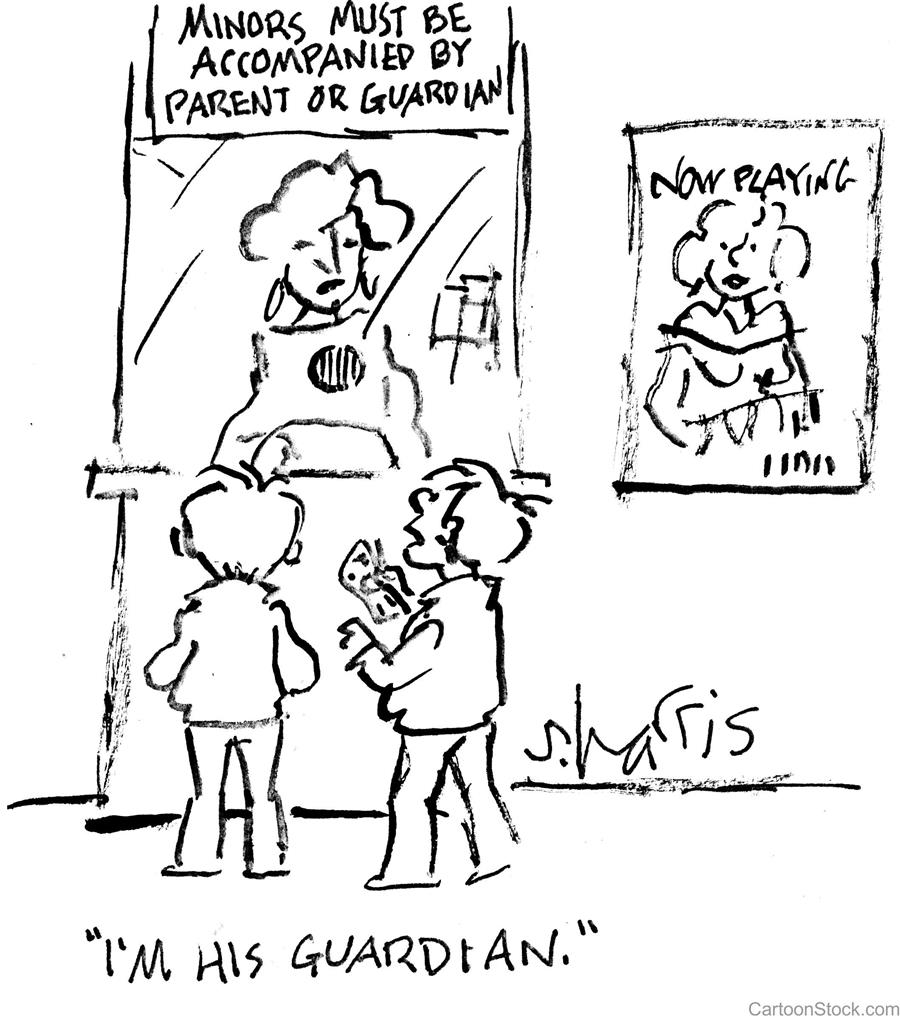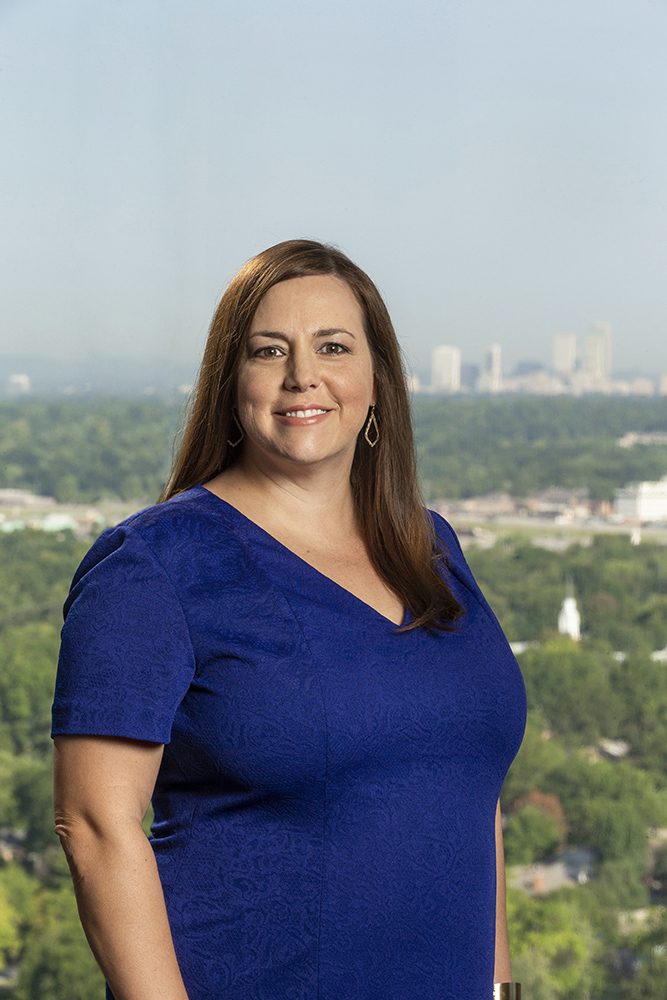Guardianship Checklist

I consider myself an optimist, but I deal in worst case scenarios. A lot. At least once a month, I pose the question, “What if, God forbid, you got hit by a bus and died?” Estate planning attorneys use this as an ice-breaker question to force clients to confront their mortality and examine what they have in place once they die. Is it what they want to take place?
What about you? What if you and your spouse get hit by a bus and die today, but you still have young children at home? Who will care for them?
GUARDIANSHIP: SOMETIMES, RAISING CHILDREN DOES TAKE A VILLAGE
Sometimes, the answer is obvious. However, more often than not, couples cannot agree on who will take care of the children. My parents couldn’t discuss it without fighting so they just avoided the issue and didn’t sign a will until well after my siblings and I were grown.
Similar to dying intestate, the state has provided a list of people who have priority to act as guardian for both minor children and incompetent adults.
But maybe the disagreement is based not so much on the who but on the how. My husband and I do not agree on the who. This is mainly because I think the person he nominated will not raise our children in the manner I would like them to be raised.
He doesn’t like my nomination because she lives so far away from the rest of our family, and he worries our children won’t get that connection that he desires them to have.
I think the solution, for us at least, is to work on a Guardian Intent Checklist. This isn’t a document I’ve seen used by estate planners. In fact, it’s not an official document at all. Rather, it is a letter of intent shared with the nominated guardian so that he/she knows how we feel on certain issues. Hopefully, that person will use this letter as a guide to raising our children in our absence.
Our letter of intent includes the following subjects that are important to us:
- Our preference for K-12 education – public or private?
- Our preference for college education – public or private university? How much assistance to provide? Support study abroad? Does performance (e.g., maintain a 3.0 or better) play a factor into financial support?
- Our preference for support of post-graduate education.
- Our ideology on discipline.
- If the guardian lives far from other family, our thoughts on travel/vacations to see family.
- Our preference for transportation when our children start driving – new car or used car? How expensive? Should the child have to contribute to the purchase price/insurance/repairs/maintenance?
- Our preference for work requirements or prohibitions during high school and/or college.
- What kinds of gifts would we provide for birthdays/graduations/weddings?
- What are our religious preferences and any related expenses?
- Should drugs or alcohol become a problem, how much, if any, should be spent on rehabilitation or other support?
- What medical expenses would we like to see paid (e.g., cosmetic surgery, Lasik, dental, dermatological, etc.)?
- How much would we want to spend on a wedding?
- Should there be first home purchase assistance?
I realize this doesn’t cover everything, but it does provide some peace of mind if our proposed guardian agrees to implement our preferences and raise our children the way we would raise them. Also, on the flip side, we have been named as guardian for others, and we would be very appreciative to have guidance in these tough areas if that worst case scenario (bus accident) happens to another we care about.
Melissa Taylor
Vice President
(918) 744-0553
MTaylor@TrustOk.com




